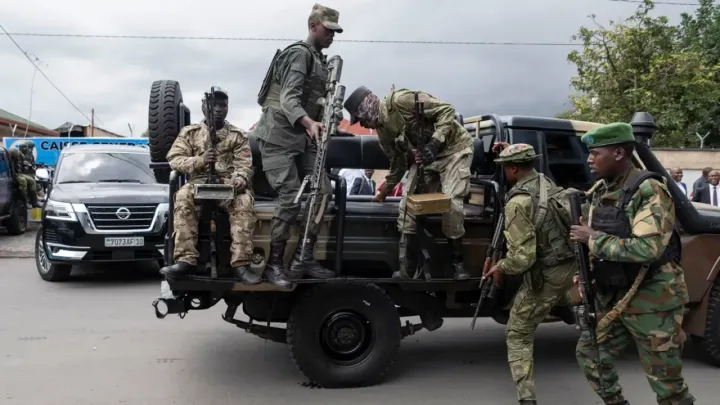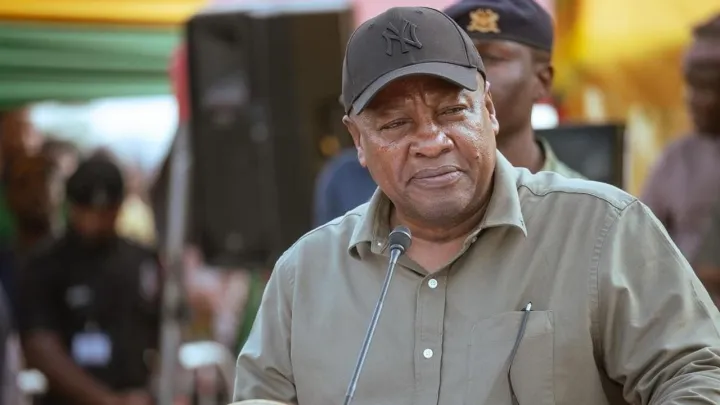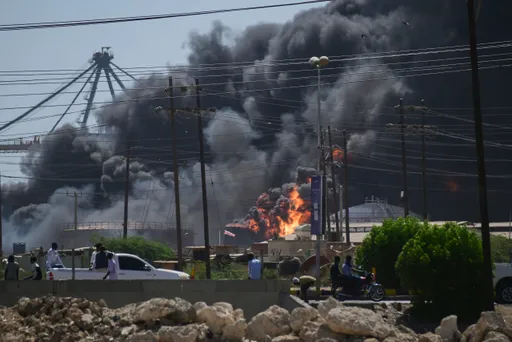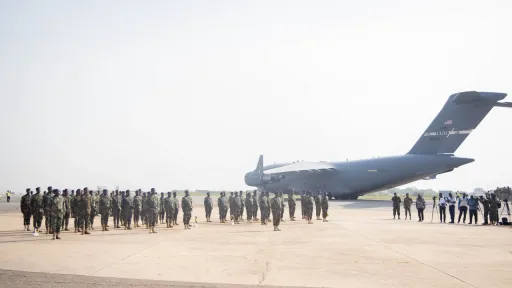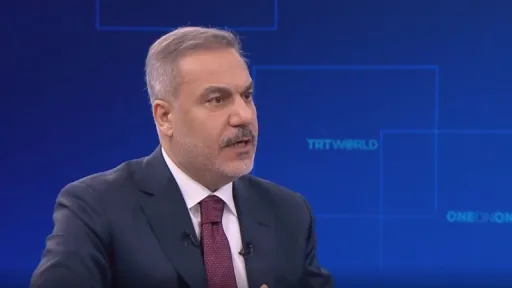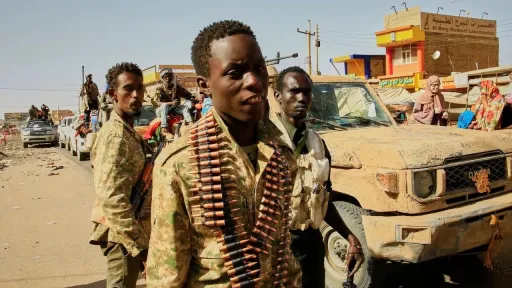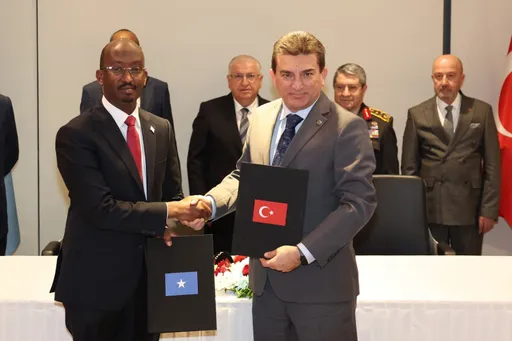By Brian Okoth
There are only two countries in the world that have article 'the' as a mandatory part of their names.
These nations are The Bahamas and The Gambia.
The Bahamas, an island nation of 400,000 people, sits in the West Atlantic Ocean, some 100 kilometres southeast of the US state of Florida, and 80 kilometres northeast of Cuba.
The Gambia – the only other country with a mandatory article 'the' – is in West Africa, and is almost entirely surrounded by Senegal. Actually, the only stretch not surrounded by Senegal is an 80-kilometre shoreline along the Atlantic Ocean.
Portuguese explorers
The Gambia covers a land area of about 11,300 square kilometres, making it one of the smallest countries on mainland Africa. It has a population of about 2.5 million people.
The Gambia was colonised by the British in the mid-17th Century. Britain had settled on The Gambia as a transit territory for slaves, who would be moved across the Atlantic Ocean.
Portuguese explorers were, however, the first Europeans to arrive in The Gambia in the mid-14th Century, and named the place 'A Gâmbia' in reference to the 1,120-kilometre Gambia River.
And more than 200 years later, the British arrived and established a colony in The Gambia in the 17th Century. The Britons retained the Portuguese name 'A Gâmbia', but translated it to English, to mean 'The Gambia'.
To avoid 'being confused with Zambia'
In the lead-up to official independence in 1965, The Gambia's then-prime minister wrote to a UK-based commission on naming of countries to retain the name The Gambia.
In his justification, the then-Gambian leader said his country would be confused with Southern African nation Zambia, which had also attained independence around the same time.
The Permanent Committee on Geographical Names, which advises the British government on the proper writing of geographical names for countries, accepted the Gambian prime minister's request.
A largely Muslim nation, English is The Gambia's official language. The country's economy is heavily dependent on agriculture. Groundnuts, coconuts, and cashew nuts are the leading agricultural exports.
The Bahamas
Just like The Gambia, The Bahamas was also colonised by the British in the 17th Century.
Original inhabitants of The Bahamas – called the Lucayan people – had named the group of islands Bahama, to mean the "large upper middle land", and when the British colonised the archipelago, they retained the name, but added article 'the' to refer to the cluster of islands found in the country.
The Bahamas, which attained independence in July 1973, consists of 18 larger inhabited islands and more than 700 smaller islands.
➤ Click here to follow our WhatsApp channel for more stories.

